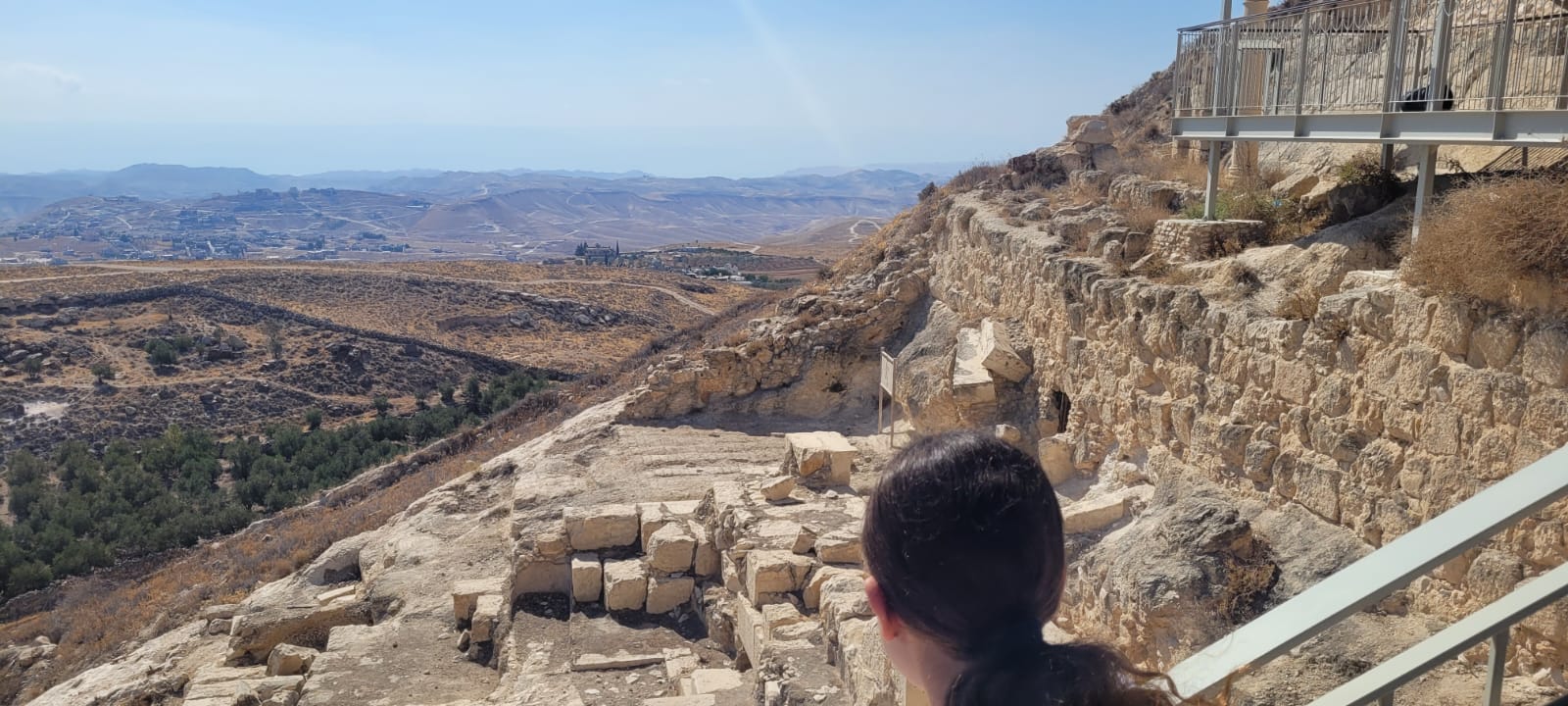Archaeologists and experts are voicing strong opposition to a proposed bill that would transfer responsibility for antiquities in the West Bank from the Defense Ministry's Civil Administration to the Israel Antiquities Authority. The bill, introduced by lawmakers who argue it is necessary to protect archaeological sites from neglect and looting, is widely seen by critics as a move to deepen Israel's hold on the territory and further blur the lines between military and civilian control.
The West Bank, home to thousands of archaeological sites of global significance, has long been a battleground for competing historical narratives and claims of ownership. While there is agreement that many sites suffer from damage and looting, experts argue that the real issue is a lack of resources and enforcement, not the need for a change in legal authority. Many fear that the bill would harm international academic ties and undermine efforts to protect antiquities, while also serving political aims related to annexation.
International law restricts archaeological activity in occupied territories to salvage excavations, and critics warn that expanding civilian oversight could violate these norms and provoke further boycotts. Palestinian archaeologists and organizations also point to restrictions on their ability to safeguard sites, while some Israeli groups accuse the government of selective enforcement and using archaeology to justify broader territorial claims. The debate highlights the complex intersection of history, politics, and law in the region, with no easy solutions in sight.

 image sourced from original article at
image sourced from original article at 


